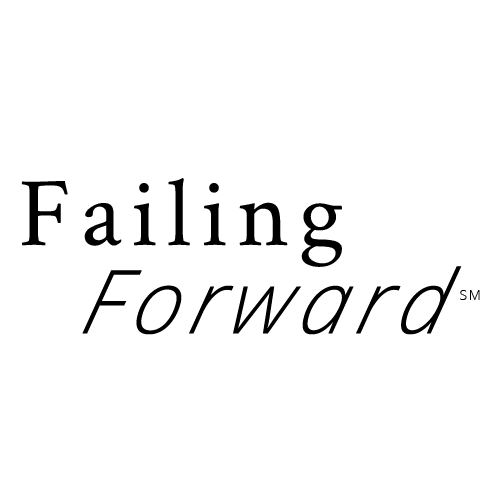Failing Forward
Fail small, early, and often… so you don’t fail late, once, and big!

Program Overview
In your organization, is there a “fear of failure” or do individuals “self-report” their mistakes and failures to their peers, subordinates or superiors? Failing Forward encourages participants (from front-line employees to senior executives) to learn from their past failures and cultivate a more just work culture.
“Presidents don’t do great things by dwelling on their limitations, but by focusing on their possibilities (Henry Kissinger).” They leave the past behind them and turn toward the future.
– Warren Bennis, On Becoming a Leader
Leaders and followers require different dimensions of courage because both experience organizational failures differently. As a leader, learn how to strike a balance between cowardice and recklessness and how to embrace failure while learning from the experience.

Key Concepts
- The importance of WHEN you fail. Organizational cultures that practice justice and mercy will tolerate small failures (so long as they are not reckless or negligent).
- We really can’t discover what is truly good or bad without experiencing failure, either through experience or observation.
- It is best to “fail small, fail early and fail often rather than to fail big and fail late.”
- The key is the courage to self-report failures before it is too late.
Key Objectives
- Define what failure is and the different levels of failure in professionalism.
- Record (and share with the group if comfortable) the failures they have experienced or witnessed in professional life, and what was learned from the failure.
- Discuss the three rules about how to fail in business (if it is inevitable and you know that it will happen).
